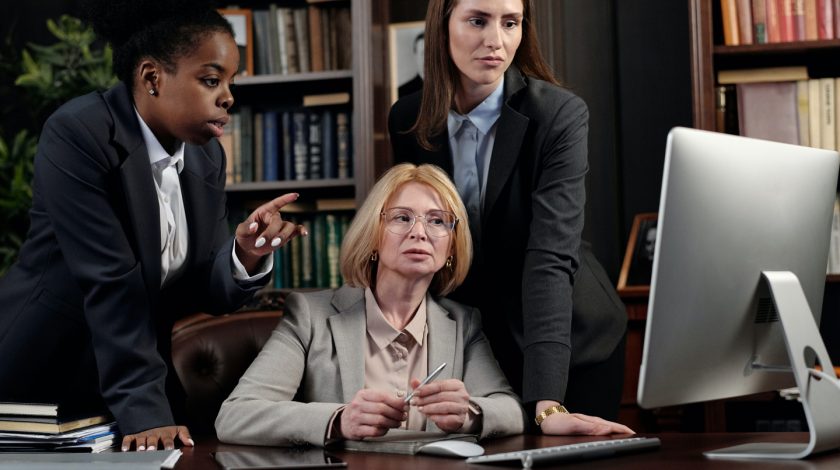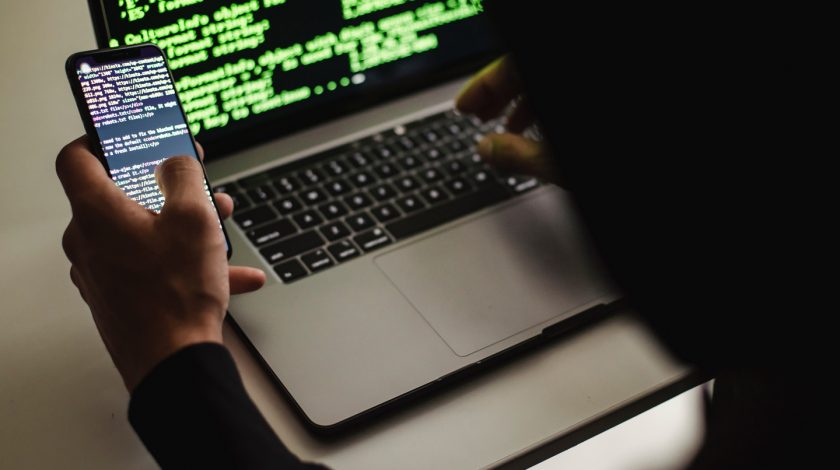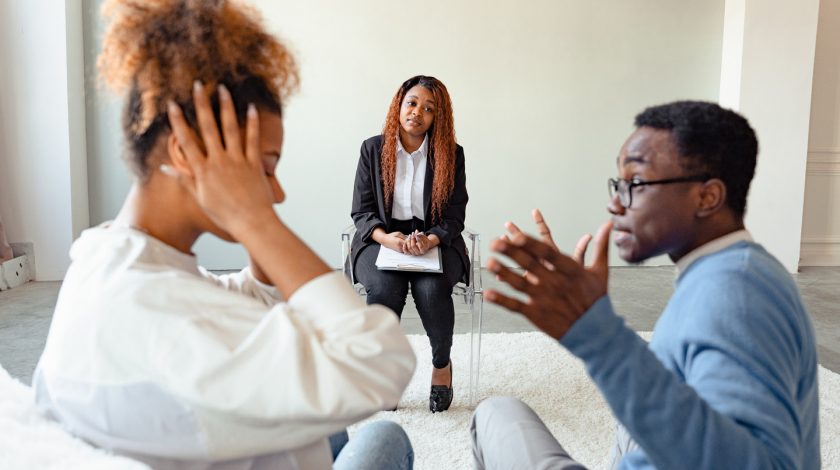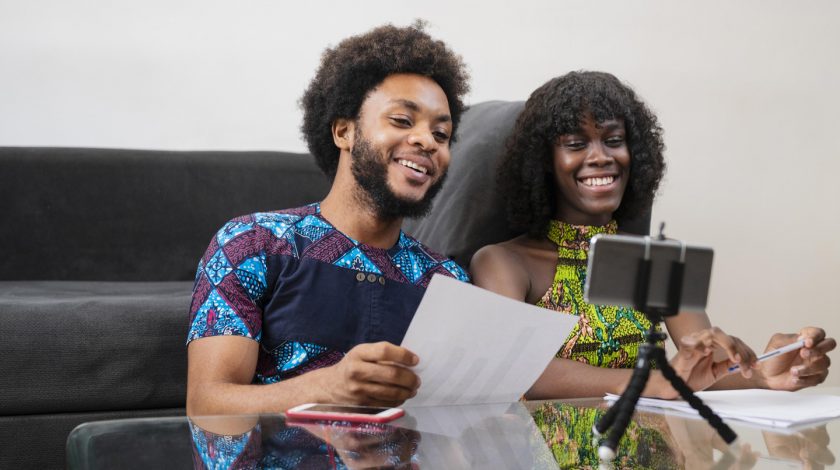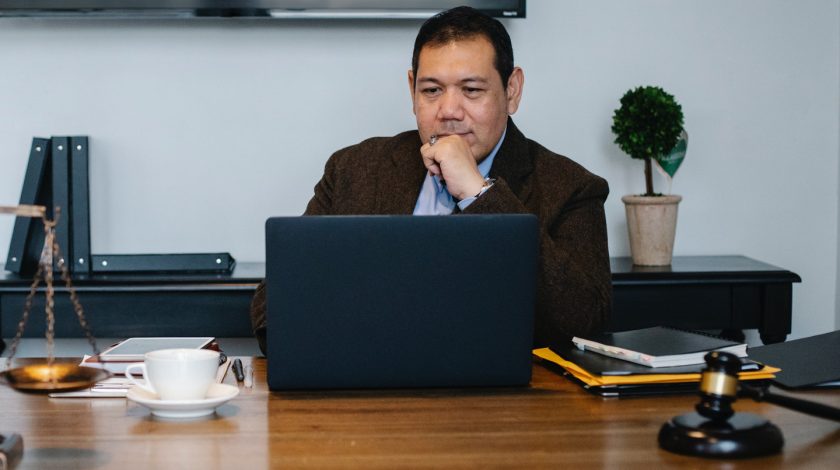Pandemic Pivot – ADR Poised for Prominence During Recovery
Published November 2020 in the Michigan bar Journal. On January 1, 2020, “zoom” was a verb, a noise a car makes. Three months later, Zoom be came a noun. It happened in the blink of an eye, like when Amazon no longer referred to a river in the rainforest, and Apple was no longer a fruit. Just as suddenly, Corona isn’t a beer served with lime. No one can honestly say the legal profession was prepared for a pandemic. While some companies had a long history of team meetings via WebEx and GoToMeeting, lawyers and the judiciary were far away from regularly using these tools.Read More →

